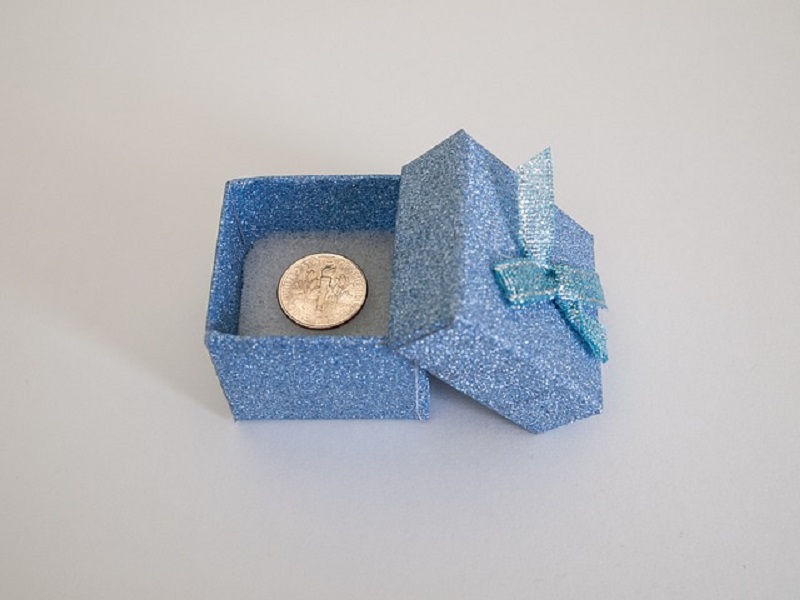Give Cash on Christmas Day, No Greater Gift is There Than Cash
At least that’s what I think former Wharton professor and economist Joel Waldfogel is implying in his book Scroogenomics: Why you shouldn’t buy presents for the holidays (Princeton University Press).
In a 2012 interview with Bloomberg, Waldfogel argues that Americans end up wasting billions of dollars on presents during the holiday season every year:
“Normally, when we spend money on ourselves we only buy things that they’re worth at least the price. So if I see something worth $50 to me, I’ll buy it. Normally, spending provides some measure of satisfaction.”
He then contrasts this to giving gifts to others.
“Gift giving is really different. If I set up to spend $50 on you, I’m operating at a huge disadvantage– I don’t know what you like or what you already have. I could spend $50 and buy something that is worth nothing to you.”
My Worst Black Friday Experience
One source of amusement that my wife and I both enjoy is watching early shoppers wait in line outside the Best Buy store near our house on Black Friday eve. The store used to open around midnight to enable eager consumers to get their hands on the latest high-tech gadgets at substantially marked down prices.
Back then she worked night shifts, so right after picking her up, we would spend the time to drive around the store’s parking lot to check out the shoppers camping outside, sometimes for days at a time. We can’t help but be amazed by what people will attempt to do just to save a couple of hundred bucks.
Now that my wife is doing day shifts, I found myself on the other side of the coin. On my way back after driving her to work, it suddenly crossed my mind to stop by the store. Best Buy now conveniently reopens at 8 am. I figured I wanted to experience the euphoria over the shopping deals myself so I can write about it on this blog.
This post highlights my suffering spending at my favorite brick and mortar store. Yes, I still buy stuff from the store that issued me the card that ruined my credit in the late 90s.

Recent Posts
Recent Comments
Categories
- About me3
- American dream10
- Asset allocation1
- Blogging4
- Books8
- Budgeting2
- Career6
- Credit4
- Financial Planning25
- Fitness1
- Fraud2
- Giving1
- Guest Post2
- Happiness3
- Health2
- Income2
- Insurance4
- Investing32
- Lifestyle21
- Motivation7
- Relationships21
- Retirement18
- Romance2
- Saving for college5
- Saving ideas11
- Side Hustle3
- Speculation4
- Spending11
- Taxes3
- Vacation3

